 Juan Carlos Tomasi
Opinion
Juan Carlos Tomasi
Opinion
03/01/2008
Xavier Crombé
Though independence and innovation are both highly valued concepts, Xavier Crombé questions in this article - thanks to MSF's experiences in Niger in 2005 - the possible interactions between them.
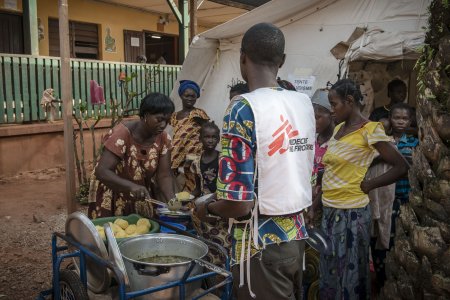 Yann Libessart
Articles and blog
Yann Libessart
Articles and blog
04/04/2007
Fabrice Weissman
Fabrice Weissman is interviewed by Joanne Myers, Carnegie Council, about MSF work in Darfur. He talks about MSF humanitarian medical work, its issues and difficulties.
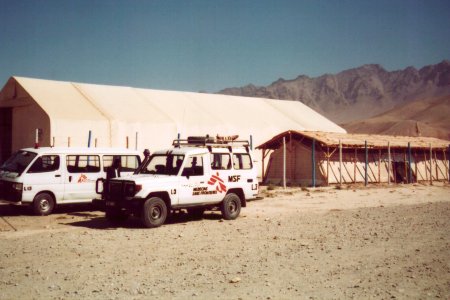 Mehdi Mekroud
Opinion
Mehdi Mekroud
Opinion
09/01/2003
Xavier Crombé
Denis Lemasson
This article questions the independence of humanitarian action in Afghanistan, at a time when aid initiatives from military forces blurs differences, and when NGOs financed mostly by institutional funding risk becoming mere "implementing partners" of an aid policy driven by a political agenda.
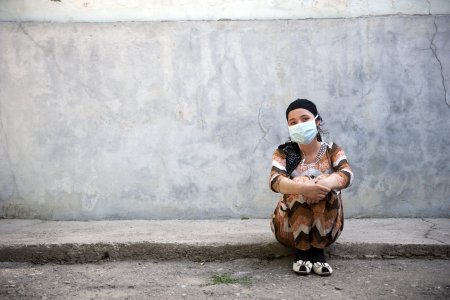 Wendy Marijnissen
Opinion
Wendy Marijnissen
Opinion
05/01/2003
Rony Brauman
Rony Brauman questions the link between public health decisions and the right to health care.
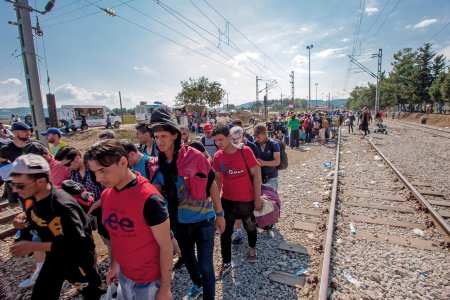 Borja Ruiz Rodriguez
Opinion
Borja Ruiz Rodriguez
Opinion
01/01/2003
Fiona Terry
As the USA announces its decision to suspend food aid to North Korea - one of the largest beneficiaries of global food aid - Fiona Terry reveals the true political issues behind the decision, and reminds us of how "humanitarian" assistance is used to bolster one of the planet's most oppressive regimes.
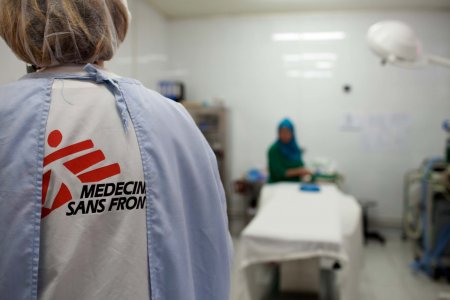 Amador Gullar
Opinion
Amador Gullar
Opinion
01/01/2003
Fiona Terry
The international aid regime tends to exaggerate changes over the last decade in the nature of so-called humanitarian crises. Neither violence perpetrated against civilian populations nor the dilemmas posed to aid organisations attempting to assist them have worsened since the end of the Cold War.
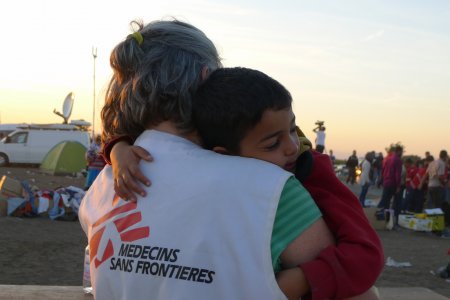 Ana Lemos
Opinion
Ana Lemos
Opinion
09/04/2001
Fiona Terry
In this article, Fiona Terry discusses the tragic situation of the North Korean people, despite North Korea being one of the world's largest beneficiaries of food aid.
 Dominic Nahr
Opinion
Dominic Nahr
Opinion
05/01/2001
Fiona Terry
Military involvement in refugee relief operations has undergone a remarkable evolution over the last decade, from providing logistical support to aid organisations in Kurdistan in 1991 to leading relief efforts for Kosovar refugees in 1999.
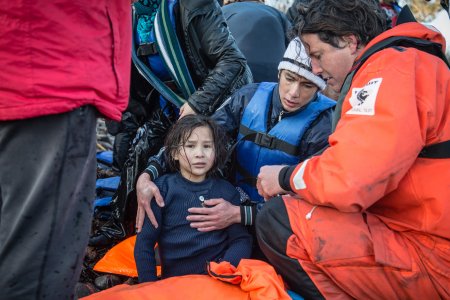 Will Rose
Articles and blog
Will Rose
Articles and blog
10/01/2000
Fiona Terry
This brief article aims to clarify some of the central concerns held by organisations like Médecins sans Frontières as regards the approach and the application of uniform set of standards to respond to the needs of people in distress.
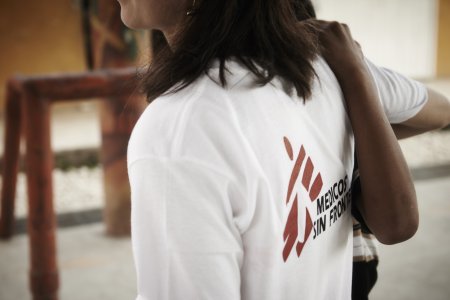 Christina Simons
Analysis
Christina Simons
Analysis
08/01/1999
Nicolas De Torrente
Nicolas de Torrente is questioning how far have the liberal economic reforms in Uganda seeking to rebuild and reshape the health care system, how are reforms affecting the actual delivery of health services and what are the implications of these reforms in terms of the sustainability and equity.
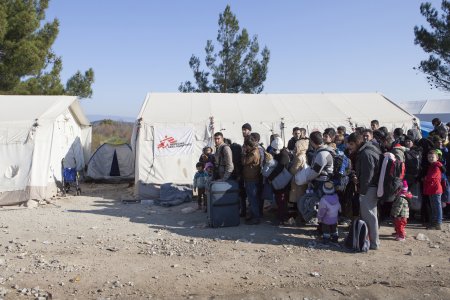 Alex Yallop
Analysis
Alex Yallop
Analysis
07/06/1999
Fiona Terry
What role should NGOs play in states undergoing reconstruction? What position should they take vis-à-vis civilian donors (governments and supranational institutions) and armed forces?
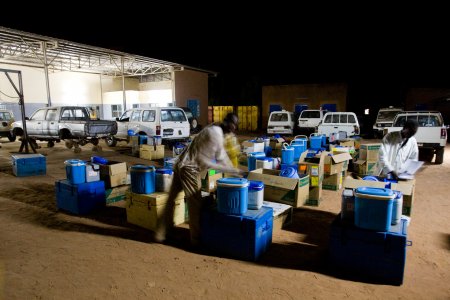 Olivier Asselin
Opinion
Olivier Asselin
Opinion
05/25/2009
Jean-Hervé Jézéquel
Analyzing the same event from different perspectives is a favourite trick of historians to spice up their narratives. It also works pretty well to describe humanitarian interventions.
 Juan Carlos Tomasi
Opinion
Juan Carlos Tomasi
Opinion











